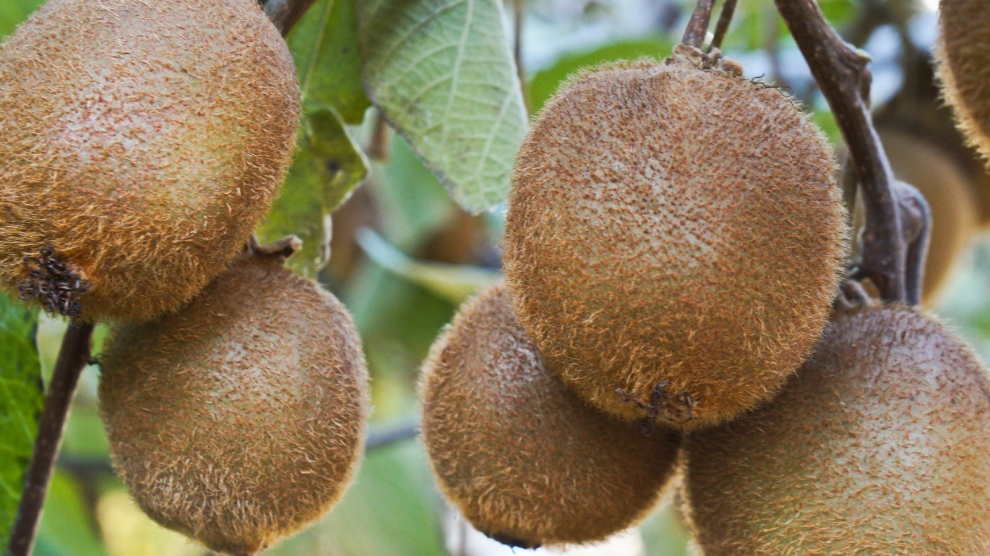Since Georgia began exporting kiwifruit to the European market just over two years ago, it has become one of the country’s most productive and profitable exports. With a kilo of kiwifruit selling for around 1.20 euros, the fruit has proven to be a good earner for producers. Exports – currently at around 100 tons per year – are expected to increase, not least as the Japanese market is now being targeted.
Producer and exporter LTD Nergeta was founded in 2009 by German and Georgian investors, and its main crop is kiwifruit. The company claims to purvey Europe’s sweetest green kiwifruit, which it grows in Samegrelo, in the western part of Georgia. The company’s current primary market is Germany, where Georgian kiwifruit has become popular.
‘The kiwifruit we export to the EU are from the village of Anaga,” says Konstantine Vekua, co-founder and development director of LTD Nergeta. “This is the first time when a logo proudly identifies Georgian fruit as Georgian, shipped to the EU. It is essential for our company, and we are proud of that. We hope that our success encourages Georgian farmers to start producing for the EU market.”
EU market is not the only market where Georgian Kiwifruit is popular. Exports to Japan began in March 2017, and trade is expected to increase in 2018.
‘The quality of Georgian kiwifruit is excellent,” said Tetsuya Sakamoto, the president of Agri, a Japanese trading company. “They taste better than those grown in Japan. Georgian kiwifruit have become favourites for people in Japan. This is why we want to increase the amount we ship.”
Minister of Agriculture Levan Datashvili confirmed that the Japanese market offers great potential for Georgian fruit, especially for berries. He claims that his ministry will encourage farmers to produce as much fruit for export as possible.
According to a recommendation in the Deep and Comprehensive Free Trade Agreement between the EU and Georgia, Georgian exporters should to invest and develop new agricultural production capacity with the prospective EU market in mind.






Add Comment